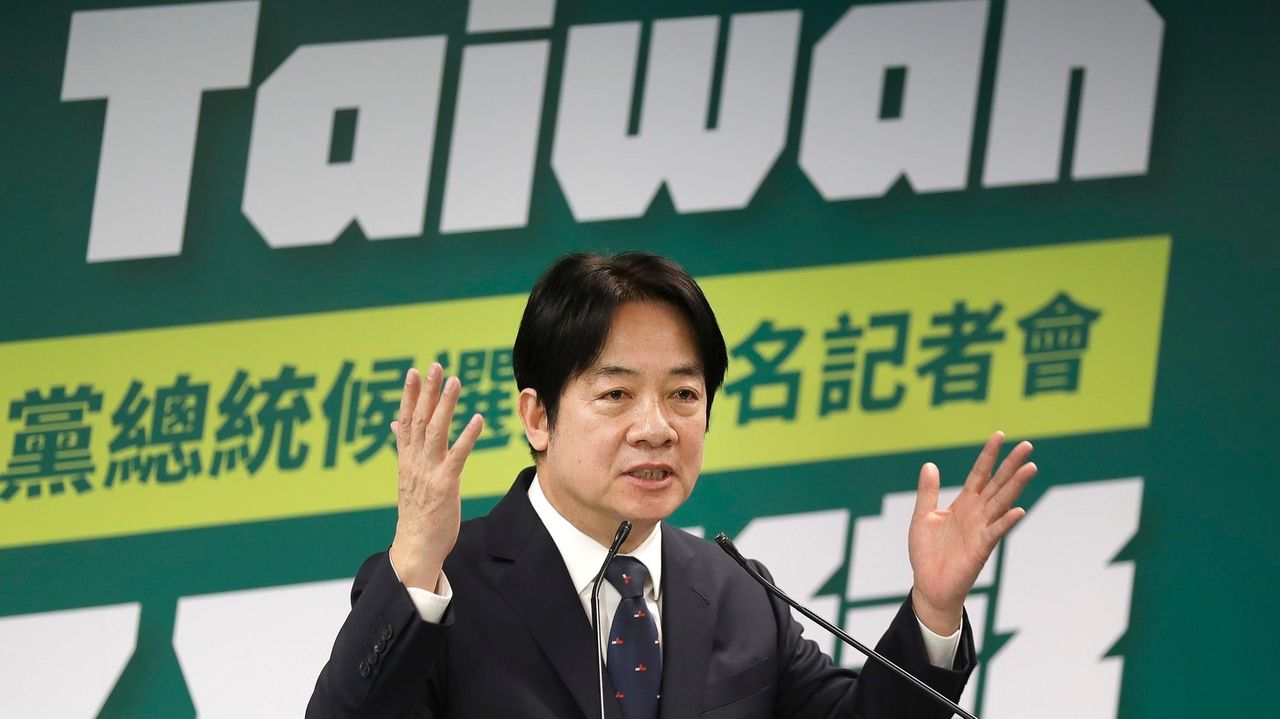WASHINGTON — Washington’s relationship with Beijing will face its biggest test since the leaders of the two countries met in November, as the United States seeks to keep the Taiwan Straits calm after Taiwanese v oters select a new president this weekend.
At stake is the peace and stability of the 110-mile-wide (177-kilometer-wide) strip of water between the Chinese mainland and the self-governed island. Any armed conflict could put Washington head-to-head against Beijing and disrupt the global economy.
China fears that a victory in Saturday’s election by the front-runner would be a step toward independence and has suggested to Taiwan’s voters that they could be choosing between peace and war.
Washington is prepared to work with both Taipei and Beijing to avoid miscalculations and an escalation in tensions, regardless of which presidential candidate wins, officials and observers say.
A senior White House official said the U.S. will keep channels of communication open with China and will stay in close contact with Taiwan to “reinforce both our support for Taiwan’s democratic processes and also our strong commitment to peace, stability and the status quo.” The official spoke to reporters on Thursday on the condition of anonymity to discuss the plans.
President Joe Biden plans to send an unofficial delegation of former senior officials to the island shortly after the election. The U.S. has no formal ties with Taiwan and sending an official delegation would enrage Beijing, which considers the island Chinese territory.
Anticipating a “period of higher tensions” ahead, the official said the U.S. is preparing for different reactions from Beijing, depending on the election results, that may range from no response to military actions.
On Saturday, the island of 23 million people will choose a new president to replace Tsai Ing-wen, who has served the limit of two terms. The election has drawn high attention because Beijing is opposed to front-runner Lai Ching-te, the…
Read the full article here

Leave a Reply